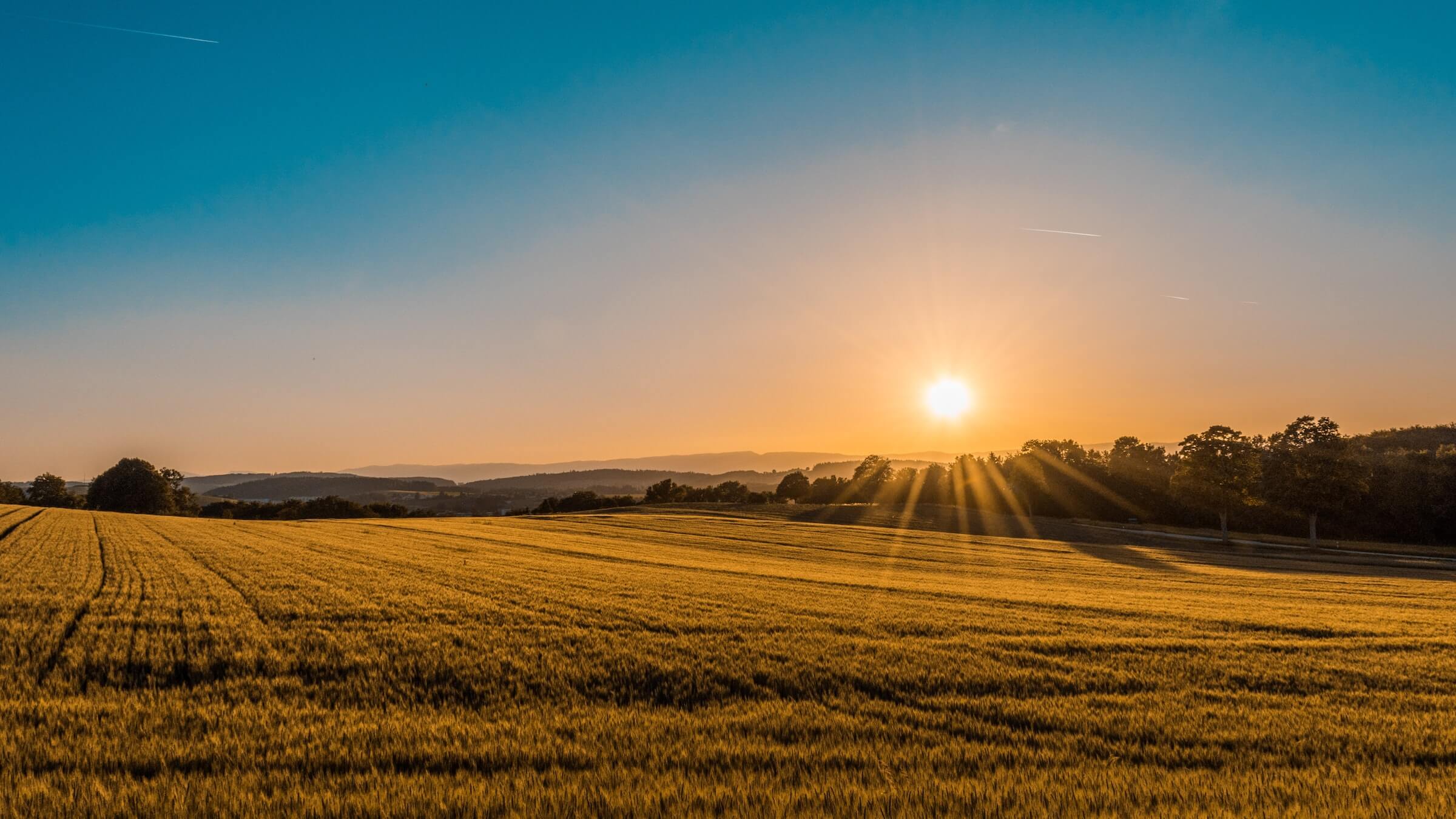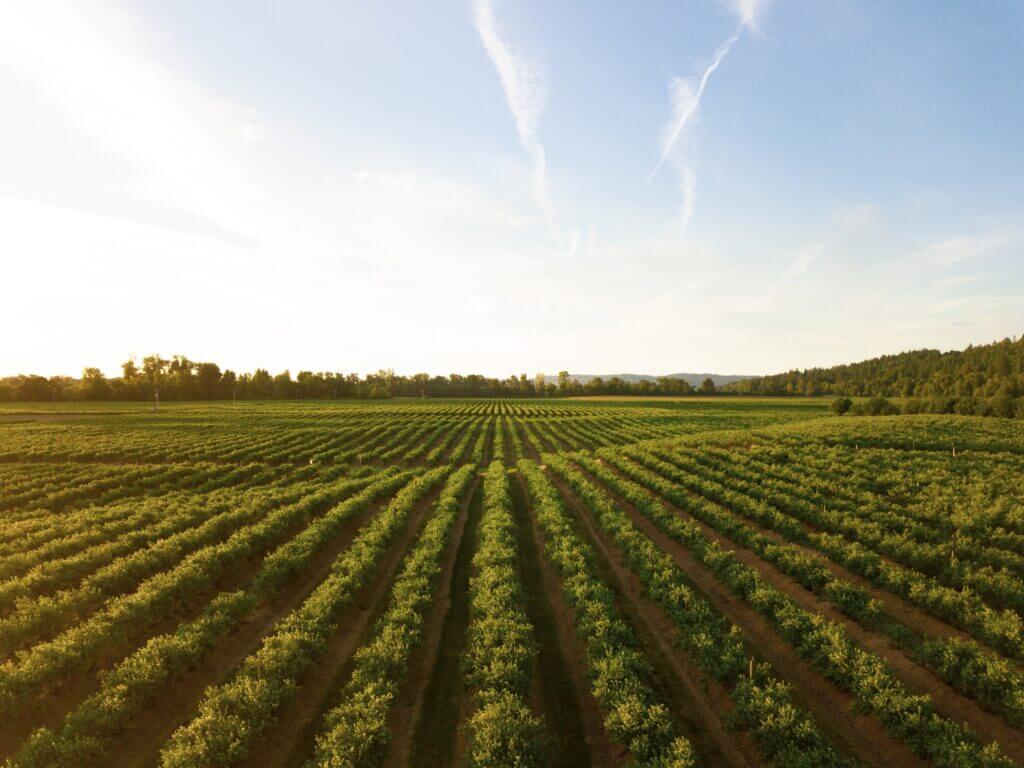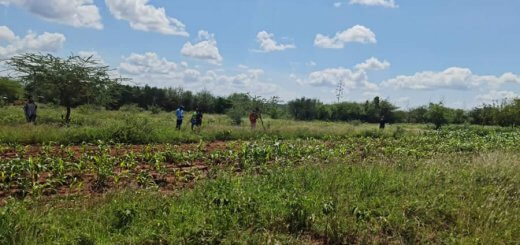Land as an Investment: The Best 5 Proven Strategies for Success in 2023

Land as an Investment
Introduction
Land is commonly touted as the best investment in Kenya. The typical explanation is that the supply of land is limited, whereas human population is on a steady increase. Still, land as an investment won’t guarantee lifelong returns if you do not know what to do with it.
Nevertheless, the proponents of investing in land are often right. You can use multiple strategies to derive maximum value from your land.
For starters, any land in Kenya has a certain value attached to it regardless of its location. As such, the easiest strategy to fully exploit your property is to sell it. Naturally, regions close to major towns and highways will attract a higher price than far-flung places.
For those who aren’t considering offloading their land, here are a handful of methods to get maximum value out of it:
1. Subdivide and Sell Plots of Land
Sub-divided land usually commands a higher price and will give you better returns than if you sold the property as a whole. Therefore, instead of putting your land on the market, consider subdividing first to obtain multiple sections.
After creating multiple sections from the original piece, you can keep some of the plots to use as you wish while offloading the rest. One benefit of subdividing your land is that it is easier to dispose of smaller plots than larger chunks. Additionally, the income from the sale of plots is a vital source of cash flow to kick-start a project or even clear debts.
Before splitting the land, you must involve a licensed planner from Kenya’s Physical Planners’ Registration Board. These professionals will inform you whether you can divide your property after considering local zoning bylaws.
However, you must consider the demand for such land and the local regulations. The need for residential plots necessitated by fast-growing centers and towns tends to raise the land value. On the other hand, land in rural areas is best left for farming purposes.
2. Investing In Real Estate
Generally, real estate includes the land plus the buildings on top of it. One way to improve the value of land as an investment is to develop different forms of real estate on the property.
In Kenya, the most common real estate option is a residential building. Most people with small plots close to urban centers and major cities will build different types of houses on the land.
However, before beginning the building process, ensure you have considered the demand for residential and commercial property. Simple single-room houses are best suited for low-income groups employed in nearby industries. Additionally, with enough capital, you can consider developing apartment blocks, maisonettes, townhouses, and other residential properties for rent or sale.
When done correctly, investing in real estate will generate rental income that will last for several generations. Also, the sale of a developed property has a significantly higher markup than raw land. Besides residential properties, consider commercial buildings, especially if you own land in high-traffic areas.
3. Convert To Farmland

Land as an Investment
Farming is a no-brainer for most Kenyans who are considering land as an investment, especially in rural areas. Kenya usually experiences two peak wet seasons when farming activity is on overdrive. Therefore, you can farm on your land as an investment, leave the crops to grow throughout the year, and return when it’s harvesting season.
While most farmers in agricultural counties own large tracts of land, you can engage in profitable farming on a smaller 50×100 plot. However, you must choose to grow high-value crops and optimize productivity when opting for small-scale agriculture.
The most common types of farming done on small land are horticulture, aquaculture, intensive dairy production, and poultry farming. Remember, land near urban centers is small, and you must ensure higher output per unit of land. The upside of urban agriculture is that the high population density provides a ready market for your produce.
Besides growing traditional perennials and horticulture, you can also consider long-term agriculture projects. Planting trees ensure maximum use of land as an investment. Since you will have to wait for several years before harvesting, the returns from tree planting are immense, especially if you consider the low level of inputs required.
4. Use the Land for Events
You can use your land to host various events and earn money in the process. Weddings, graduation ceremonies, religious gatherings, and music festivals tend to draw large crowds. Therefore, you can make a tidy sum by providing your land as a venue for these occasions.
Your events hosting venture can transform into a profitable business once you acquire the right equipment. To get more from your land, consider buying tents, chairs, a sound system, and other paraphernalia associated with public events.

5. Provide Indoor and Outdoor Storing Space
Many people, especially in towns, have a lot of disposable income. Therefore, they can afford to buy more items faster than they can acquire a larger house. Therefore, most city residents have to contend with a congested living space.
You can convert your land into an outdoor storage area and earn good money. You can charge vehicle and truck owners a stipend for parking space, especially if they’re regularly transiting through town. Moreover, you can put up structures to act as an indoor storage facility. After that, you can rent out the space.
Before converting your land into a storage area, ensure you erect appropriate barriers like a perimeter wall. Additionally, place appropriate security measures to guarantee the safety of goods stored from theft and vandalism.
Wrapping Up
There are tens of ways to make money from land as an investment without selling. While you can offload your land for a reasonable sum, you won’t realize the total value of the property. Alternatively, you can subdivide the land into smaller plots and sell them one after another to earn more. You can then use the money earned from selling one plot to develop the rest of the land.
There are investment options that will pay back over multiple generations, such as residential properties. Also, you can secure your cash flow by exploiting the real estate options that suit your local area.



